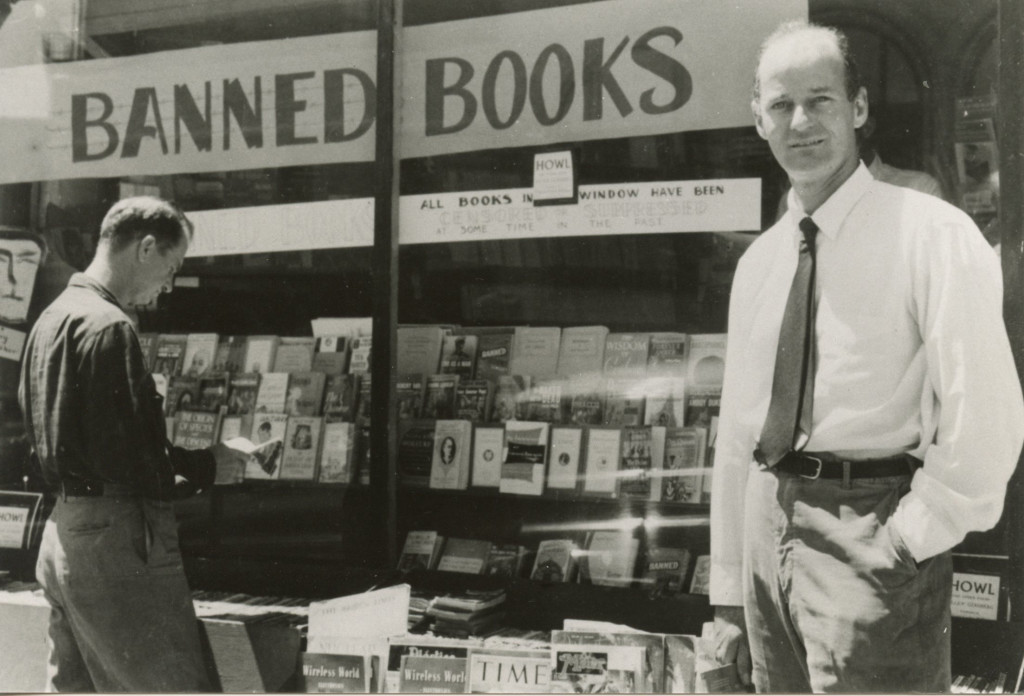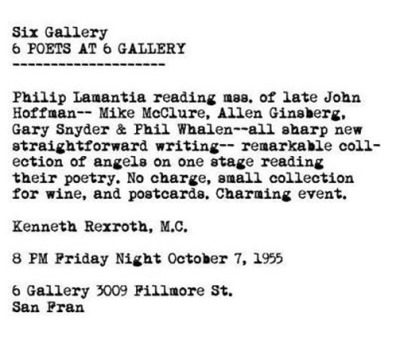Written by Kirby Arinder
- Preamble
The assignment is to write “a couple of paragraphs” on why Lemuria is important to me. A fish, evidently, told me to do it, so I have to, obviously.
But I don’t think it’s enough, or it’s too much, depending on how you look at it; the content is too much for the space. So I’m going to try to allude and elide my way toward something that points vaguely in the direction of my goal and hope that satisfies our piscine overlords, while admitting that it’s going to both regrettably exceed the space requirements and still not actually adequately cover the points required. The worst of both worlds, but we don’t really get to choose our world, do we?
So in a spirit of deconstruction or self-criticism or just perverseness, let me start by talking about some pitfalls I think this sort of essay should avoid, things I can’t or shouldn’t do that I might find myself trying to do anyway. (And then there would be some sort of blog disaster; performative self-contradiction on the Internet leads, I’m told, to explosion.)
- What love has to do with it (spoiler: Something, but not enough)
So, first, I don’t really think this should be a piece about why I love Lemuria. It’s tempting to try to say something about that. I mean, it really is my favorite place in town, and I go there when I’m sad to cheer myself up and I go there when I’m happy to reward myself. (When I say it that way, in hard public print, I just sound to myself like an addict more than anything else. But I digress.)
So why not an essay about loving Lemuria? Well, because love is idiosyncratic and ineffable and particular. Which is to say, your love may have causes but it doesn’t really have reasons; and in the absence of reasons, it can’t really GIVE reasons to anybody else; and I think this essay should have at least a tinge of normative character to it, because I’m not just setting out to say that Lemuria is good TO ME, but that Lemuria is good simpliciter, that you yourself, nameless and unknown reader of these words, probably ought to find it valuable too.
(Let me digress again, just enough for an example for clarification. When you love a person, obviously enough, even though that person may have a number of good qualities — and surely does, because he or she caught your eye and engaged your mind in some fashion — eventually, once you really LOVE that person, it’s not because of those qualities.
Imagine that a brimstone-smelling, suspiciously fork-bearded character offers to replace your beloved with an exact duplicate. Maybe he adds a little worldly wealth, just to sweeten the deal. I suspect I’d refuse, and I suspect you would too; the fact that this new person shares many good traits with your beloved doesn’t mean he or she IS your beloved, and it’s just not the same.
You love the haecceity, your beloved as him- or her-self, not as a collection of properties. (Not to get medieval on your ass, which suddenly occurs to me as a much more charming interpretation of Marsellus Wallace’s threat in Pulp Fiction. Maybe he took his assailants away and had his hirelings discuss scholastic philosophy with them. But now this is a digression from a digression, and a much more sharply angled one. Back to the point.)
Furthermore, and along the same lines, the fact that your beloved has a lot of good traits, and even that I can perfectly well see many if not all of those good traits, doesn’t actually give ME reason to love that same person. I can agree with you that someone is lovable without actually loving that person.
(Subdigression: The above points apply to things and places as well as people. If the cloven-hoofed gentleman above offered to replace your favorite shirt, the one you wore on that one perfect night that stands out in your memory as a time when the world felt in balance and hope seemed not merely permissible but rationally mandatory, with an exact duplicate, you’d probably refuse that deal too, though obviously the stakes aren’t as high. The new shirt wouldn’t be THAT shirt; it wouldn’t have the history, the essence. And if YOU were offered a choice between my favorite shirt and an exact duplicate, in the absence of my standing there saying, “hey, don’t take my shirt,” it ought to be a matter of complete indifference to you which is which.)
Oh, and this sentence is just to end the big digression without using two parentheses in a row.)
(Okay, one more digression: I suddenly realize I just spent eight paragraphs saying, “I love a thing, and don’t want to talk about it.” From a detached perspective, this probably doesn’t indicate maximal emotional health. Not that it’s relevant, but it’s interesting.)
III. Beauty and Truth: Not all ye need to know
Anyway. This shouldn’t be an essay about why I love Lemuria, even though that’s one of the first places my mind went when I saw the fishy communique.
But then, it also shouldn’t really be an essay about all the good things Lemuria represents to me, though it does represent many good things. I said earlier that I wanted to have a little normative character to this essay, to give you the reader reason to approve of Lemuria. So it’s tempting to move all the way from the particular — my love of the place — to the universal — why Truth and Beauty and Books are important things. But I’m not sure that’s quite right either.
I mean, look, Truth and Beauty are important. (I’ll talk about Books in a bit.) We live in a world in which they’re undervalued, and I don’t just mean Deplorable Postmodernity and This Darn Internet Age; let’s face it, Socrates lamented that new-fangled technology (i.e., literacy) was ruining kids’ minds and that the popular intellectuals valued winning arguments and gaining political power more than they valued finding the truth, and that was two and a half millennia ago. Plus ca change and all that.
In the ordinary course of things I think we all tend to undervalue Truth and Beauty, and maybe it’s because we just have to spend so much effort staying alive — avoiding sabertoothed tigers and the bubonic plague, passing on our genes, contributing to the global economy, et cetera — that out of sheer exhausted necessity we tend to narrow our focus to the goals that are important in the now, for immediate survival and putting bread on the table.
But it’s more broadly important for a wide variety of reasons — which I’m going to stay away from, because good gracious, this essay burst right past “a couple of paragraphs” some time ago, and the fish-lords are already probably unhappy — to reconnect with those things. To remind ourselves that some meaning and value are out there to be found, that survival, whether it means hitting the tiger with the rock or rationally maximizing expected life utility measured in U. S. dollars, isn’t the only or even the most important aspect of sapient existence.
And one of the best ways, I think, to connect with these things is to read (pace Socrates, above). And Lemuria is a great starting point for this sort of thing, pretty clearly. I mean, duh. Bookstore.
But as important as these things are — and I think if you’re reading this you probably agree that they are, and even if you don’t I think I could make an argument that you should, given world enough and time — I don’t think talking about them really captures what this essay should be about either.
Grand universal claims may well have a hold on us the way that somebody else’s love doesn’t. But if the previous section of this essay undershot, not giving the reader enough reason to care, maybe this section overshoots.
Because Lemuria may be a place where you can (and I do) go to connect with the eternal verities, to remind myself that human beings can be humane and that the world contains beautiful elements even if I haven’t seen them that day and that there are always more complexities to discover and that practically anything, anything whatsoever, is really interesting if you look at it hard enough.
But if Lemuria takes me to those verities, it isn’t the SAME as those verities, and describing the destination is really not the same as describing the means of arriving there. I mean, look, terrifying as the prospect might be, you can buy great books on the Internet; you might even avoid buying books at all, and just read on a screen or something, though I deeply distrust such an idea and am privately convinced it leads to moral turpitude and probably scrofula or something.
So I don’t want to talk about Truth and Beauty either. He says, nine more paragraphs later.
- The Middle Way
So, then, let’s get to the point. What’s so good about Lemuria, in particular, such that I think it’s genuinely valuable for itself and not merely as a fungible ladder to Great Books bearing Universal Truths, such that I think not only that it’s lovable but also that if you got to know it you’d love it too, assuming, Dear Reader, that you haven’t and don’t already?
Well… maybe it’s this. Lemuria strikes me as a place that’s built around a recognition of the intrinsic value of what it does. I mean, there are all kinds of reasons that you could get into selling books. Some online businesses we won’t mention here started out selling books just because of their physical properties, because they’re easy to ship and store and hard to damage. To a business like this, in other words, books represent not so much things in themselves as abstract widgets that happen to have desirable characteristics when incorporated into a particular business model.
But that’s just treating books as another mechanism for survival, for bashing the tiger and maximizing the dollars. It’s taking a class of objects that can be a gateway to all the great things I mentioned in the previous section and treating them, if I may be permitted to misuse Kant shortly after having complained about such a thing, below their intrinsic dignity, or at least below the dignity of their contents. It’s deliberately commodifying, in a strong sense and not in the trivial way all stores “commodify” the things they sell, some of the greatest achievements of the human species.
But Lemuria isn’t like that. It’s a place built around the idea that a bookstore sells books, and not coffee and toys. It’s a place built around the acquisition of books that are interesting and worthwhile, not to the exclusion of popularity, but in addition to it, a place that recognizes that a facsimile edition of Jung’s Red Book is important to have even if it doesn’t fly off the shelves.
It’s a place where the employees are readers before they are retail specialists, where they can be relied upon to have genuine opinions and tastes not formed by demographic trends. It’s a place where the — for me — increasingly rare and utterly irreplaceable experience of bookstore serendipity is reliable enough that I don’t have to go there with a particular acquisition in mind; I can search a section of the shelf that I generally like and find a book that’s interesting and new to me, because the shelves aren’t filled with a thousand copies of some book selected by a poorly-designed sales-optimization algorithm. (Which I say with the greatest respect for statistical algorithms, believe me, but they’re also easy to screw up, and the ones designed to predict book tastes for purposes of shelf-stocking screw up practically ALL THE TIME.)
I guess if I have to summarize, to present a thesis, as it were, before my aquatic masters, it’s this: Lemuria is a particular place that recognizes the transcendent values available through books. As such, it’s particularly valuable, separate from and in addition to the books it sells. If we just think to ourselves, “Plato will always be there on the Internet,” we’re just about guaranteeing that we relegate him to that virtual place’s dusty corners. And if we do that, we are making the world a worse place, one in which it’s ever harder to even imagine doing something more than hitting tigers and making dollars.
But if we value those places and people that themselves value things beyond the dollar and the dead tiger, then we are helping to make the world a place where, just maybe, more people have a chance to think more often about the things that genuinely matter.
And surely — I speculate, Dear Reader, because I can’t really know you in this respect — the kind of place that values those things and furthers those values in the world is the kind of place with which you could fall in love.







 Three hundred and fifty independent bookstores across America celebrate their tenacity and appreciation for their customers on Saturday, May 2—including Mississippi Independent Bookstores.
Three hundred and fifty independent bookstores across America celebrate their tenacity and appreciation for their customers on Saturday, May 2—including Mississippi Independent Bookstores. 


